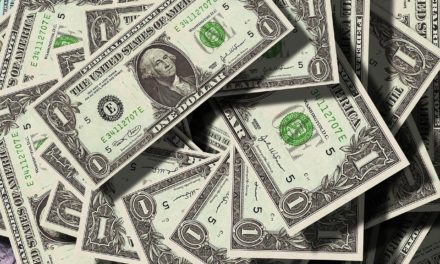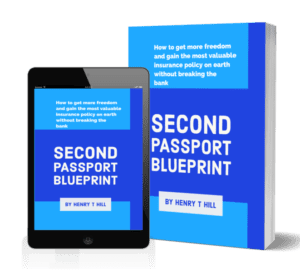Government Seizes Over 300 Luxury Watches in Money Laundering Investigation
Asset forfeitures by governments are increasingly common. You may think that for asset forfeitures to happen you have to be involved in serious crime or litigation. That’s no longer true. Anyone can be caught up in government asset forfeitures and seizures. Any valuable assets in the hands of third parties are at risk. Some victims of one of the UK government’s recent asset seizures did nothing more than put their watch in for repair at the wrong place.
Police in the UK seized more than £10m in luxury watches. The watches belonged to celebrities and businessmen. The store in Newcastle, in the north of England, sold high end timepieces including Rolexes and Patek Phillipe. They often sold watches on behalf of their high end clients.
Britain’s National Crime Agency (NCA) had the store and its clients under surveillance for months. High end watches are not only status symbols but can be used as stores of value. They are an asset that can be turned into cash outside the banking system. The NCA seized the watches as part of a money laundering investigation.
Police Refused to Return Seized Assets
Many of the watches belonged to clients of WatchTrader & Co. Some of them were worth more than £300,000 each. One customer told how the police refused to return his £60,000 Rolex even although he showed them the receipt. Another said he’d had 6 watches seized worth more than £1m.
The government agency sent emails to clients that said “The NCA continues to lawfully retain watches seized in connection with suspected offences.
“The release is considered on a case by case basis.”
Clients are being asked not only for proof of ownership, but for proof that they had the legitimate means to buy the expensive time pieces.
Proof of Ownership is Not Enough after Asset Seizures
If they want their property returned they must provide tax returns and payslips as evidence of how they earned the money to buy the watches.
This means that anyone who is not part of the system will be unlikely to get their property returned. Anyone who’s self employed or doing business overseas is going to have trouble demonstrating how they earned the money to buy an expensive watch. Others may value their privacy and not be prepared to open their books to an intrusive government agency.
Those providing evidence of income to the NCA are likely to have the information shared with tax authorities. It may cost less to abandon their expensive watch than to face a tax or police investigation.
Asset Forfeitures are a Risk When Property is Held by Counterparty
There is always a risk in storing assets with a third party. Storing assets with third parties in your home country can be fatal. Using the same watch dealer or safe deposit facility as someone who’s under investigation can be dangerous.
Just as bank accounts can be frozen, governments can seize physical goods. That’s why it’s important to store assets in places where you have control. Or store them on offshore facilities in countries where no questions are asked. High tax, surveillance states like the UK are no longer places to keep assets of any type. Even ‘law abiding’ citizens can get caught up in government investigations and have their assets seized by having them in the wrong place at the wrong time.
Conclusion
The risk of asset forfeitures can never be totally eliminated. As long as you leave your assets in the custody of others there will always be a certain degree of risk. To mitigate that risk you can follow fundamental principles of flag theory. Keep your assets in a different jurisdiction from where you live and work. When a third party has custody of your assets in a high tax country be aware of what questions may be asked to get them returned. If the authorities become interested, you may need a plausible excuse for how you obtained the money to acquire that asset in the first place.











